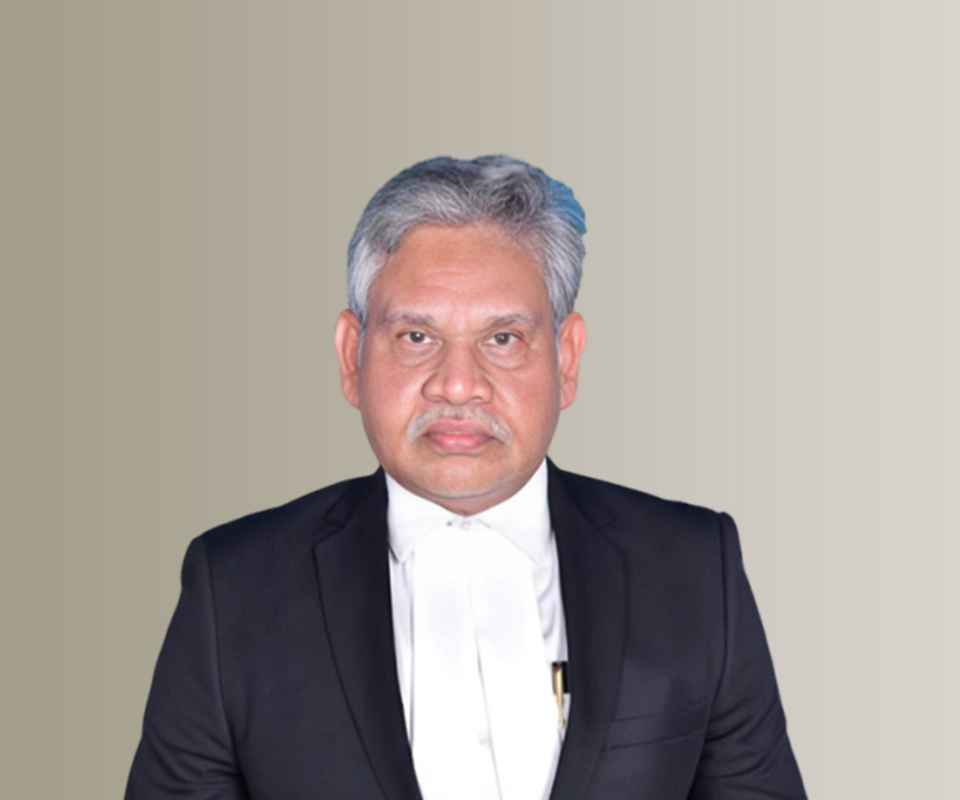Answer By law4u team
To prove a will in court in India, you must establish that the will is genuine, valid, and properly executed by the testator (the person who made the will). This process is typically required during probate or when the will is contested. Here’s a step-by-step explanation of how a will is proved in court: 1. File a Probate Petition (If Required) The executor (the person named in the will to carry out the wishes) must file a probate petition in the District Court or High Court having jurisdiction. Probate is mandatory in certain cities like Mumbai, Chennai, and Kolkata for wills involving immovable property. 2. Submit the Original Will The original will must be submitted to the court. The court will verify the authenticity, check for tampering, and examine how and when it was made. 3. Prove Due Execution (Section 63 of Indian Succession Act) To prove a will, the following must be established: 1. The will was signed by the testator. 2. It was signed in the presence of at least two witnesses. 3. The witnesses must have attested the will (signed it in the presence of the testator). 4. Examine Witnesses (Section 68 of Indian Evidence Act) At least one attesting witness must be brought to court to testify that: The testator signed the will in their presence. They signed the will as witnesses. This is mandatory if the will is challenged or if probate is sought. 5. Medical or Mental Capacity (If Challenged) If someone alleges that the testator was not of sound mind, you may need to prove: The testator had mental capacity at the time of making the will. The will was made freely, without undue influence, coercion, or fraud. Medical records or doctor’s testimony may be submitted as evidence. 6. Prove Absence of Suspicion If the will benefits only one person or excludes legal heirs, the court may apply a higher level of scrutiny. In such cases, you must prove that: The will was made voluntarily. The circumstances do not raise suspicion. The contents reflect the testator’s intention. 7. Court Issues Probate or Declares the Will Valid If the court is satisfied, it: Grants probate, or Declares the will as valid in other proceedings (e.g., partition suits or inheritance disputes). Once this is done, the will is treated as proved and enforceable. Summary: To prove a will in court, you must: Submit the original will. Show it was signed by the testator and attested by two witnesses. Have at least one witness testify to its execution. Prove the testator was of sound mind and acted freely. Address and remove any suspicious circumstances if raised.









